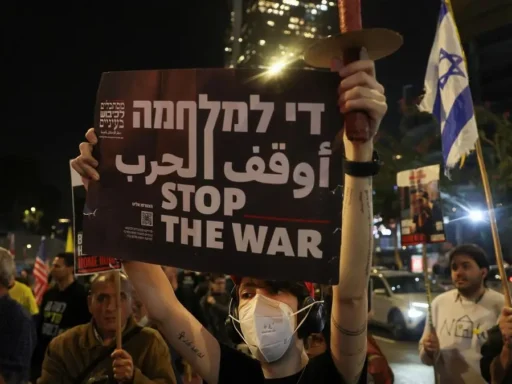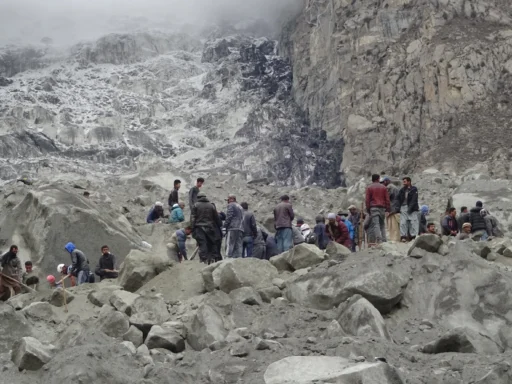Hostage Yehud Released by Hamas: Arbel Yehud is a young Israeli citizen whose abduction during a Hamas cross-border raid drew international attention. Her story became a symbol of the personal and emotional toll of the ongoing conflict between Hamas and Israel. Yehud’s captivity highlighted the human side of the crisis, sparking widespread calls for her release. She represents not just an individual victim of the conflict but also the broader humanitarian concerns that arise during such prolonged hostilities. Her eventual release is seen as a significant gesture, offering a glimmer of hope in a situation marked by deep-seated animosity.
Introduction
Hamas is a Palestinian armed group and political movement in the Gaza Strip. On 7 October 2023 it attacked Israel, killing about 1,200 people and taking more than 250 hostages.
The release of Arbel Yehud, a hostage held by Hamas, marks a pivotal moment in the ongoing tensions between Hamas and Israel. In a conflict characterized by cycles of violence and fragile ceasefires, this gesture is seen as a move to preserve the delicate peace in the region. But what led to this decision, and what does it mean for the future? Let’s dive into the details.
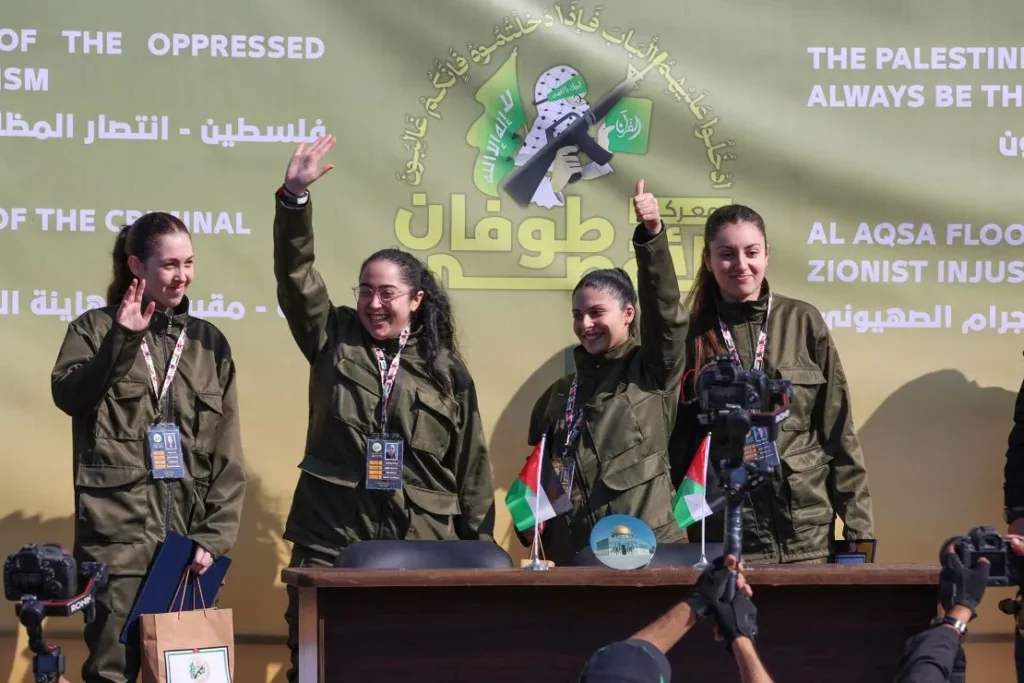
Background of the Conflict
History of Tensions Between Hamas and Israel
The animosity between Hamas and Israel has deep roots, stretching back decades. From territorial disputes to ideological differences, the conflict has seen numerous escalations, each leaving a lasting impact on the region. Key events like the Gaza blockade and military operations have fueled ongoing hostility.
Recent Escalations
In recent months, tensions have flared up again. A series of attacks and counterattacks reignited fears of a full-scale war. It was in this volatile environment that hostages, including Arbel Yehud, were taken, adding another layer of complexity to the situation.
Background Information on Arbel Yehud
Arbel Yehud, a young Israeli citizen, became a symbol of the human cost of the conflict.Hostage Yehud Released by Hamas and the capture drew significant attention, both in Israel and internationally, due to her age and the circumstances surrounding her abduction.
Circumstances of Her Capture
During a cross-border raid by Hamas, Arbel Yehud was taken from her home. The incident shocked the nation and underscored the personal toll of the ongoing strife.
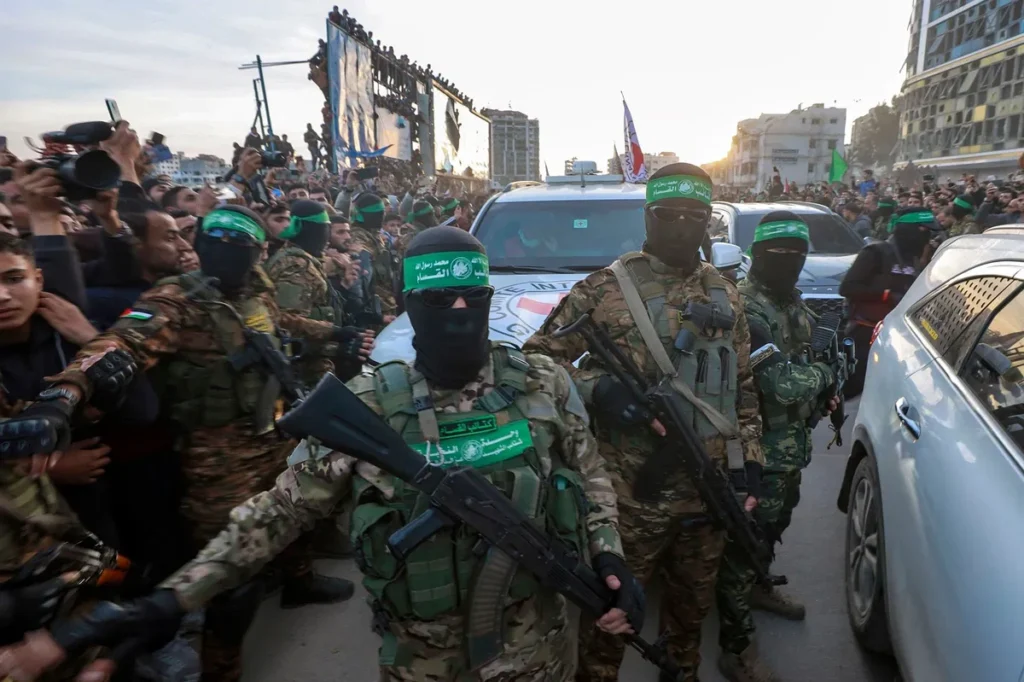
The Decision to Release Arbel Yehud
Reasons Behind Hamas’s Decision
Hamas’s decision to release Arbel Yehud was likely influenced by a combination of humanitarian considerations and strategic calculations. By demonstrating a willingness to negotiate, Hamas may be seeking to ease international scrutiny.
Hostage Yehud Released by Hamas
International Pressure
Global powers, including the United Nations and neighboring countries, played a significant role in advocating for her release. Diplomatic channels and backdoor negotiations were crucial in reaching this outcome.
Implications for the Peace Process
How This Release Impacts Hamas-Israel Relations
While the release of Arbel Yehud is a positive step, it’s a small part of a much larger puzzle. Trust remains low between the two sides, and any progress is often met with skepticism.
Role of Third-Party Mediators
Countries like Egypt and Qatar have historically acted as mediators in the Israel-Hamas conflict. Their involvement in this case highlights the importance of neutral parties in facilitating dialogue.
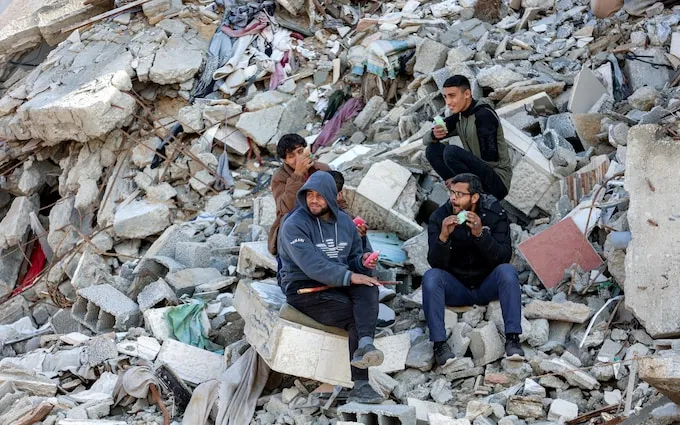
Response in Israel
In Israel, the release of Arbel Yehud has been met with relief and cautious optimism. Her return is seen as a victory, albeit a bittersweet one, given the ongoing tensions.
Global Perspective
Internationally, the move has been praised as a step toward de-escalation. However, many stress that sustained efforts are needed to achieve lasting peace.
Fragility of Current Ceasefires
Ceasefires between Hamas and Israel are notoriously fragile. Even small incidents can quickly escalate into larger conflicts, undermining peace efforts.
Potential Risks of Future Escalations
The release of one hostage, while significant, doesn’t address the root causes of the conflict. Without broader agreements, the risk of future escalations remains high.
The Role of Humanitarian Efforts
Humanitarian Organizations’ Contributions
Organizations like the Red Cross have been instrumental in advocating for the humane treatment of hostages and facilitating their release.
Focus on Hostage Recovery
Arbel Yehud’s release has renewed focus on securing the freedom of other hostages. Each release represents a step toward rebuilding trust.
Looking Forward: Prospects for Lasting Peace
Steps Needed to Strengthen Peace
Building trust requires sustained dialogue, mutual concessions, and addressing underlying grievances. Without these, peace will remain elusive.
Role of the International Community
The global community must continue to support peace efforts through mediation, funding, and pressure on both sides to uphold agreements.

FAQs
- Why was Arbel Yehud’s release significant?
Her release symbolized a rare moment of cooperation in a long-standing conflict. - How did international pressure influence Hamas’s decision?
Global diplomatic efforts and humanitarian appeals played a crucial role. - What role did third-party mediators play in the release?
Mediators like Egypt and Qatar facilitated negotiations and ensured a peaceful transfer. - Could this lead to the release of other hostages?
While it’s a positive step, broader agreements are needed for further releases. - What steps are necessary for a lasting peace between Hamas and Israel?
Building trust, addressing grievances, and sustained international support are key to lasting peace.
Source : The Telegraph


